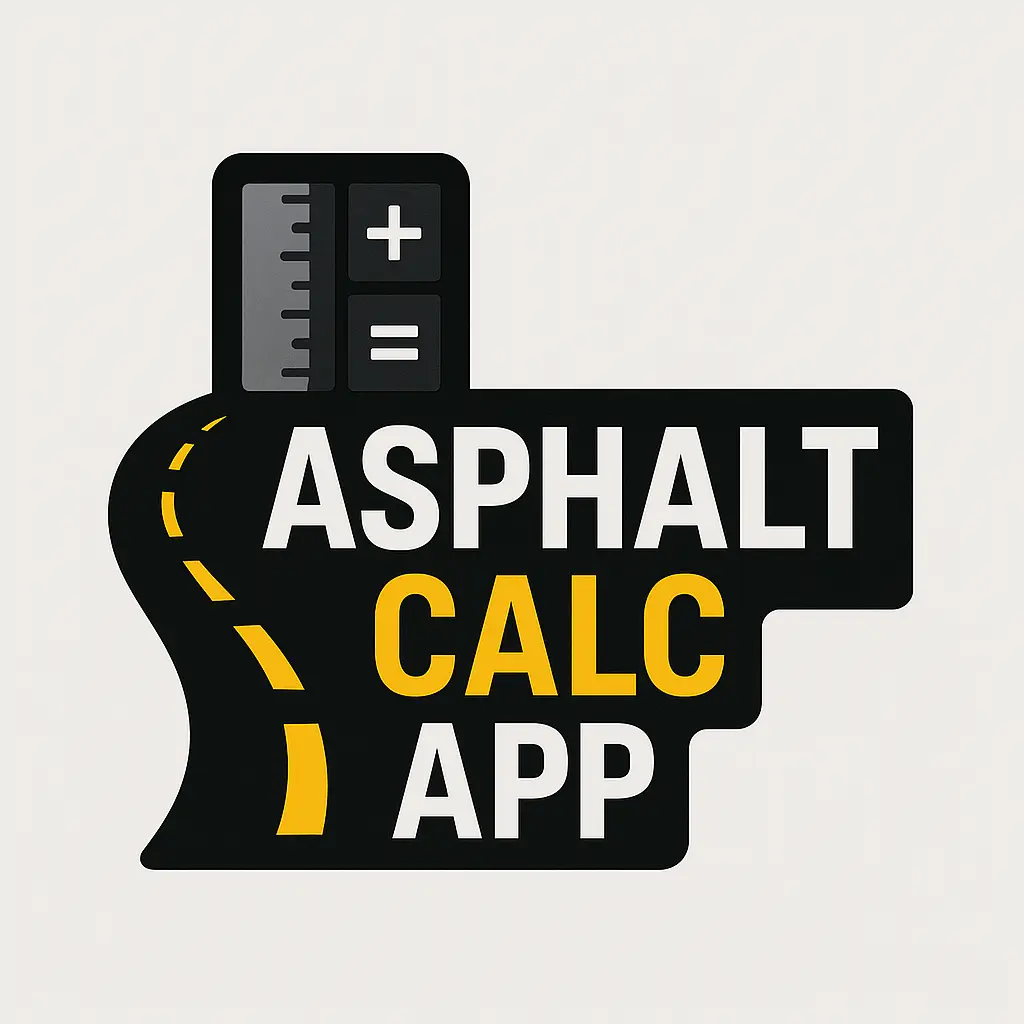Introduction
Whether you’re paving a driveway, parking lot, or private road, getting your asphalt estimates right is crucial. If you order too much, you’ll squander money. If you order too little, your project could be delayed. That’s where an asphalt estimator becomes your best planning tool. It helps you calculate the quantity (in tons or cubic yards) and the estimated cost of asphalt based on project dimensions, thickness, and material pricing.
In this guide, we’ll explain what asphalt estimators are, how to use them, and why they’re essential for successful paving jobs.
1. What Is an Asphalt Estimator?
An asphalt estimate is a tool that helps you figure out:
-
How much asphalt material (in tons or cubic yards) is needed for a project
-
The cost estimate is based on local material pricing
-
Additional material buffer for compaction or leveling
These calculators are often used by contractors, property owners, engineers, and DIYers.
2. Why Use an Asphalt Estimator?
Using an asphalt estimator is vital for the following reasons:
-
Avoids Over/Under Ordering: You’ll buy just the right amount of material.
-
Saves Time: Eliminates the need for complicated math or guesswork.
-
Improves Budget Planning: Helps avoid hidden costs and surprises.
-
Supports Project Scheduling: Knowing the material requirements helps plan your timeline efficiently.
👉 Try the Asphalt Tonnage Calculator on our site.
3. How to Calculate Asphalt Quantity

You need to know the following to figure out how much asphalt you need:
-
Length of the project area (in feet)
-
Width (in feet)
-
Thickness (in inches)
Then, use this standard asphalt volume to tonnage formula:
Formula:
This works assuming asphalt density = 145 lb/ft³.
4. Asphalt Estimator Formula in Action
Let’s break it down with an example:
Project Details:
-
Driveway size: 20 ft x 40 ft
-
Asphalt Thickness: 2 inches
Calculation:
✅ You need approximately 5 tons of asphalt for this driveway.
5. Tools: Use Our Free Online Asphalt Estimator
Instead of doing the math manually, use our free and accurate asphalt estimator calculator.
🔹 Features of our calculator:
-
Quick calculations
-
Cost per ton or square foot
-
Area breakdown by section
-
Option to estimate with different thicknesses
👉 Try it here: Asphalt Cost Estimator
6. 6. Cost Estimation: Price Per Ton, Price Per Square Foot, and More
Knowing your asphalt quantity is only half the battle — you also need to estimate the cost.
Cost Per Ton (2025 Average):
-
$90–$120 per ton (based on region and supplier)
Average Installed Cost Per Sq. Ft:
-
$3–$5 per square foot
Cost Example:
If your driveway requires 5 tons of asphalt and costs $100/ton:
5 × 100 = in material costs
Add installation, compaction, and equipment costs to get your total.
👉 Use our Driveway Cost Calculator for detailed quotes.
7. Real-Life Use Cases
Here are a few projects where an asphalt estimator makes all the difference:
-
Home Driveway Installation: Knowing how many tons are needed keeps costs predictable.
-
Parking Lot Expansion: Large areas require precise volume and cost estimation.
-
Road Resurfacing: City contractors use asphalt estimators for accurate public budget planning.
8. Asphalt Estimator vs. Manual Calculation
| Feature | Manual Calculation | Asphalt Estimator Tool |
|---|---|---|
| Time | Slower | Instant |
| Accuracy | Prone to error | Highly accurate |
| Cost Estimation | Extra math required | Included |
| Usability | Requires formulas | Beginner-friendly |

🔍 Bottom line: Use the asphalt estimator to eliminate guesswork and errors.
9. Common Mistakes to Avoid
-
❌ Not taking compaction into account: You might need 5–10% extra material.
-
❌ Using incorrect thickness: Residential = 2 inches, Commercial = 4+ inches.
-
❌ Skipping project preparation: Cleaning and leveling the ground is vital.
-
❌ Using outdated price data: Always check current local prices.
11. Conclusion
Estimating your asphalt needs and budget doesn’t have to be complicated. With the right tools and formulas, like our asphalt estimator, you can plan efficiently and avoid costly mistakes.
Whether you’re resurfacing a driveway, paving a new road, or expanding a parking lot, accurate calculations will make your project smoother from start to finish.
10. FAQs About Asphalt Estimation
Q1: How accurate is an asphalt estimator?
Very accurate, especially when using trusted tools like asphaltcalcapp.com. Just ensure your dimensions and thickness are measured correctly.
Q2: What is the best thickness for a residential driveway?
Typically, 2 inches of compacted asphalt is standard for cars. For heavy trucks, go for 3-4 inches.
Q3: How do I convert cubic feet to tons of asphalt?
Use the formula:
Or let our calculator handle it.
Q4: Does asphalt price vary by region?
Yes. Urban areas typically charge more. Always get quotes from 2–3 local suppliers.
Q5: Can I use the same estimator for resurfacing projects?
Yes. Input your resurfacing layer thickness (e.g., 1 inch), and calculate just like new installations.
Try the resurfacing cost estimator now.
✅ Start your project right now with our free asphalt estimator — no signup required!

